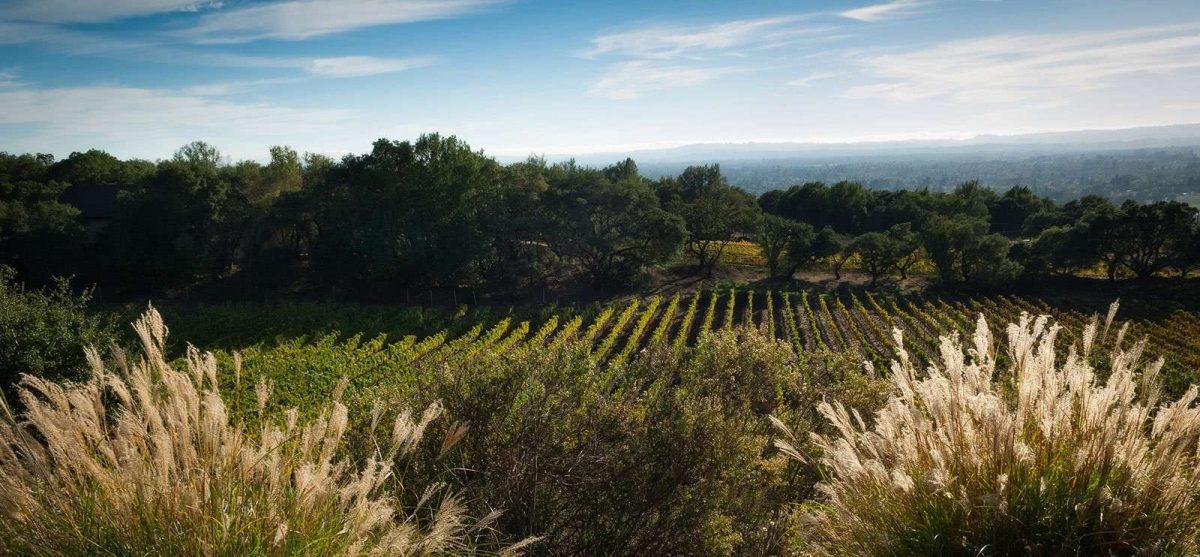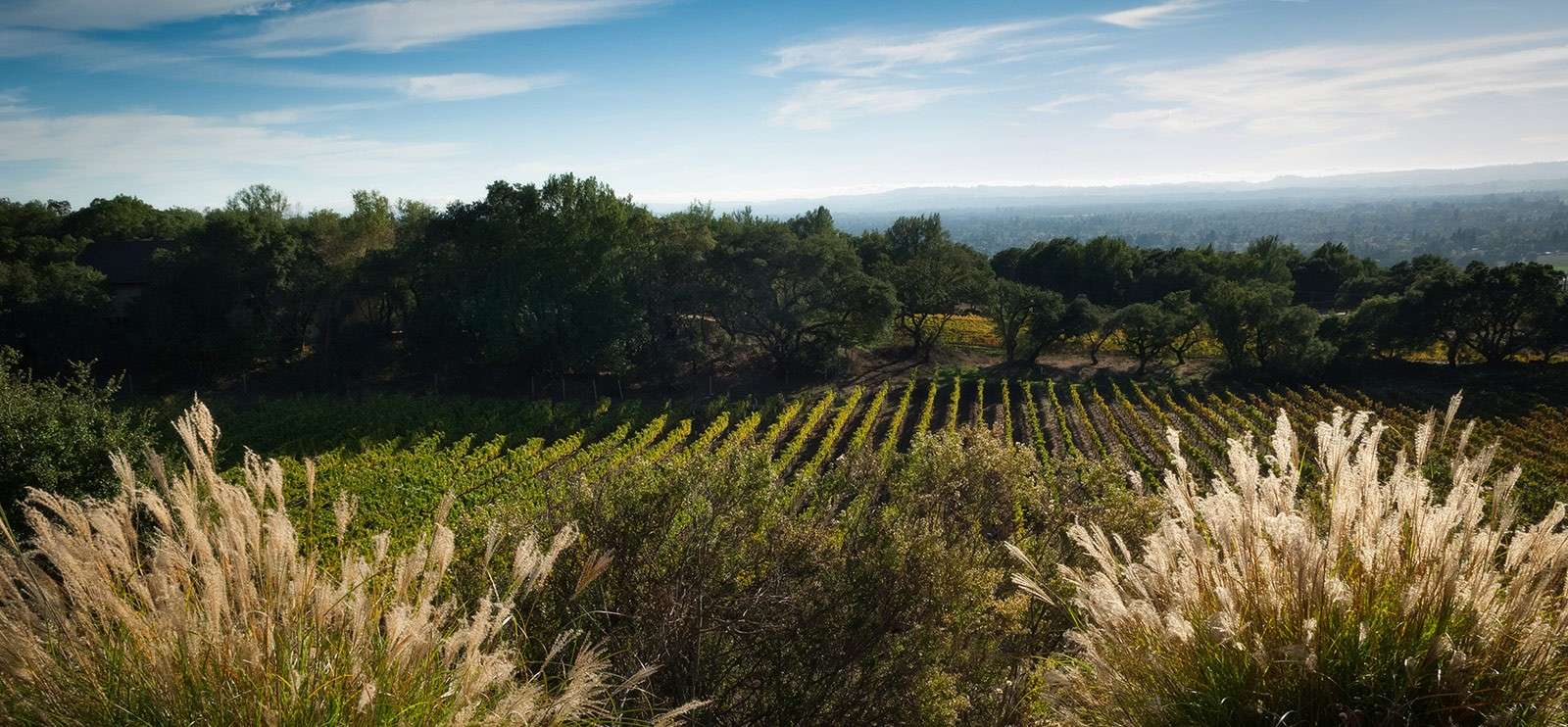Within Sonoma State University’s School of Business and Economics, there exists a program for students who wish to work with the famous wines of Sonoma and Napa Counties — the Wine Business Institute. From seminars this spring to a new building in the fall, business is booming.
In 1996, former Sonoma State President Ruben Armiñana agreed to partner up with the wine industry to bring wine-related education to Sonoma State.
In 2008, Sonoma State became home to the first U.S. Master of Business Administration program for wine business, according to Wine Business Institute program coordinator Erin Ringstad.
What started as just one undergraduate accounting class branched out into a variety of wine seminars along with the Certificate in Wine Business Management program, which is for Sonoma State graduates looking to break into the wine industry, Ringstad said.
Four courses make up the online certificate program, according to the School of Business and Economics’ website. The Foundation course level, a four-week introductory program, began on Feb. 2 and is in progress, Ringstad said. It will begin again on May 11, and a separate eight-week series of wine business workshops, called the Wine Entrepreneurship Certificate, begins March 15.
In addition to MBA programs and undergraduate courses for business majors with an emphasis in wine business strategies, the Wine Business Institute offers seminars that serve as continuing academic units for already graduated wine enthusiasts who want to strengthen their professional capabilities.
There is no prerequisite for these programs, Ringstad said.“They’re geared towards people who are interested in either entering the wine industry or furthering their career in the wine industry,” he said.
Wine business seminars run this spring from March 16 to March 30, hosted by a variety of professionals in the wine industry. Ringstad said. Some covered topics include “Financial Accounting for the Wine Industry,” “Direct to Consumer Marketing” and “How to Build a Profitable Wine Club,” according to the School of Business and Economics’ website.
Ringstad said that Sonoma State’s focus on the wine industry’s business aspect makes its wine education program stand out from other universities’.
“Our main differentiation is that we specialize in wine business, whereas a lot of the other schools specialize in [viticulture] and enology, and they offer business as a side,” Ringstad said. “We focus solely on the business side and we cover the gamut of offerings, everywhere from these professional development offerings up to the MBA and executive MBA.”
Susan Flannery Adams, interim director at the school of business and economics Career Center, said graduating with a wine business major can lead to a careers in financial analysis, direct-to-consumer work, wine club management and more.
“It covers almost all different functions within the business of wine,” Adams said. “We’re not just narrowly focused on one, such as hospitality or sales—it’s really quite diverse.”
According to WBI program manager Jessica Pozzi, seminars require a starting fee of $150, so undergraduate wine business strategies students might not find them to be the best financial fit.
Those interested in attending seminars but lacking financial stability can look into the Seminars Scholarship. Pozzi said this scholarship consists of $1,200 donated by an anonymous Wine Business Institute board member, and can be distributed to students who can prove they are unable to afford seminar fees.
The deadline to apply for this scholarship is Feb. 24, Pozzi said.
The Seminars Scholarship is one of six scholarships available to all wine business students this year, according to Liz Thach, distinguished professor of wine and management at Sonoma State. She said students who meet proper GPA standards and submit written applications can qualify for these scholarships.
Thach, who teaches introduction to wine business and global wine business, said William Silverhas strengthened the Wine Business Institutesince he became dean of the School of Business and Economics. She said she appreciates how Silver hired more full-time staff for the program, and how the wine industry made more donations to the institute under his leadership.
“For years, as faculty, we’ve been out in the industry doing lots of research, lots of consulting… but in terms of bringing money into actually get things going, that was the dean,” Thach said.
The first major donation to the institute under Silver consisted of $1 million from Gary Heck, the CEO of Korbel. The naming donation came from “Wine Spectator,” which designated the proceeds to the Wine Spectator Learning Center, which will finish construction sometime in the fall 2017 semester, Thach said.
Ringstad said the institute will divide the Learning Center between classrooms and student collaboration areas for wine business studies.
Going forward with the Wine Business Institute, Thach said she hopes to make global partnerships with universities so more international students can study wine business at Sonoma State.
“Our vision is to be the number-one wine business education program in the world,” Thach said.
For more information on available wine business scholarships, visit http://www.sonoma.edu/sbe/admissions/scholarships.html.




































